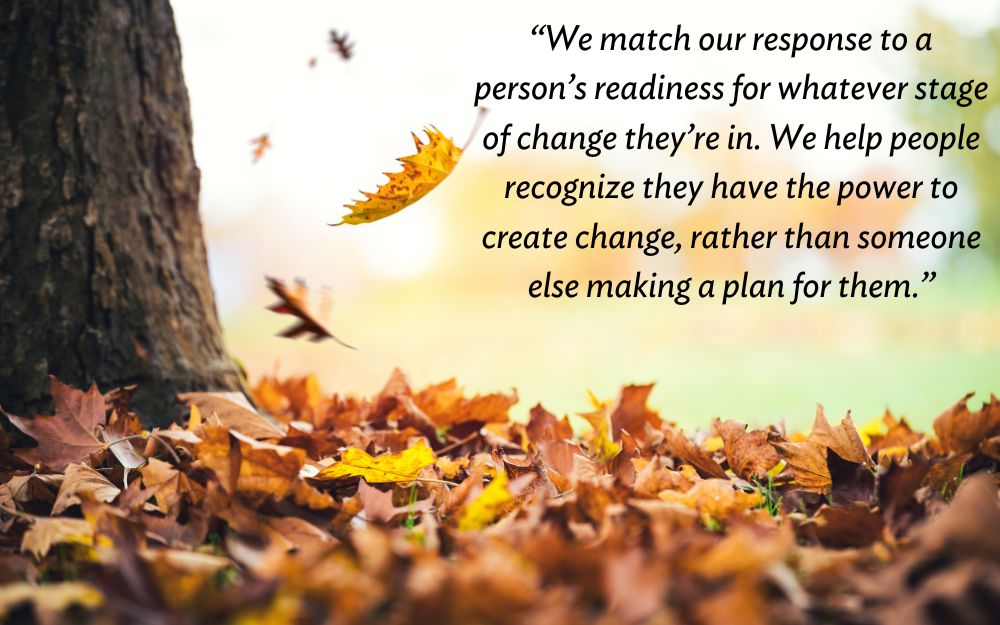
Addiction Facts
What is addiction?
Addiction to substances, also known as substance use disorder, is a chronic disease that affects the brain’s reward system. Aligned with the American Society of Addiction Medicine (ASAM), addiction is defined as “a treatable, chronic medical disease involving complex interactions among brain circuits, genetics, the environment, and an individual’s life experiences. People with addiction use substances or engage in behaviors that become compulsive and often continue despite harmful consequences.”
Types of addiction
- Alcohol
- Cannabis
- Hallucinogens
- Methamphetamine
- Inhalants
- Opioids
- Sedatives, hypnotics, and anxiolytics
- Prescription stimulants
- Tobacco
- Other substances
Addiction symptoms
Symptoms of addiction can vary by person but common effects of substance use-related disorders include:
- Excess consumption of substances and unsuccessful efforts to reduce use
- Failing to fulfill obligations at work, home, or school as a result of the substance use
- Using substances even if health problems present themselves
- Using the substance to deal with problems
- Becoming obsessed with the substance(s)
- Taking risks that aren’t typical of your personality
- Refraining from activities you used to enjoy
- Using the substance alone or in secret
- Having stashes of the substance hidden around
- Sleeplessness
- Changes in appetite, including sudden weight loss or gain
- Changes in appearance
What causes addiction?
Several factors contribute to addiction, including age of first use and availability of the substance, genetics, and environmental such as family and friends’ beliefs and attitudes.
How common is addiction?
Nearly 20 million Americans age 12 and older battled a substance use disorder in 2017. Here are some additional statistics surrounding addiction and this age group from American Addiction Centers:
- Almost 74% suffering from a substance use disorder struggled with addiction to alcohol.
- About 11.2% struggled with an illicit substance use disorder.
- 1 out of every 8 suffered both alcohol and drug use disorders simultaneously.
- 3.4% of all adults struggled with both a mental health disorder and a substance use disorder (co-occurring disorders).
Addiction treatment
Addiction is treated in a variety of ways depending on the severity. Levels of care include inpatient care, residential care, and specialized outpatient treatment, such as partial hospitalization (PHP) and intensive outpatient treatment (IOP) programs.
The types of therapy used in addiction treatment include:
- Behavioral activation
- Cognitive behavioral therapy (CBT)
- Dialectical behavioral therapy (DBT)
- Experiential therapies
- Medication-assisted treatment
- Twelve Step Facilitation (TSF) therapy
- Motivational enhancement therapy
Rogers uses an evidence-based treatment model for all patients with methods that have been proven to provide relief for a patient’s symptoms.
We want to help
Contact us to request a free confidential screening and learn more.
Call 800-767-4411



